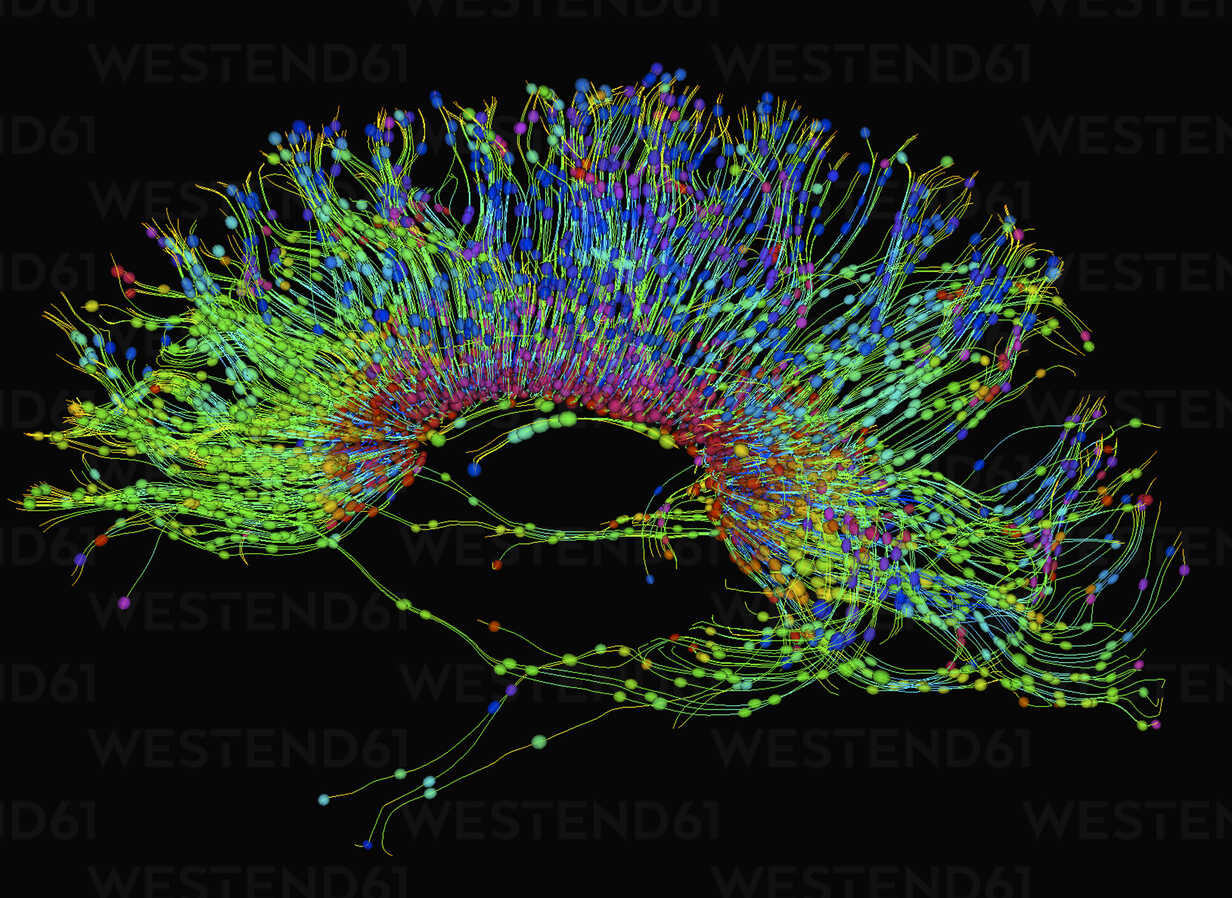Brain tumours are the leading cause of death in children, men under 45 and women under 25. Glioblastoma (GBM) is the most common type of primary brain cancer in adults. It’s impact on society is sadly not matched by our ability to treat it. GBM is a diffusely infiltrating tumour so unfortunately even with surgery and radiotherapy we are unable to cure it as recurrence inevitably occurs. If the areas of progression can be predicted targeted treatment with surgery and radiotherapy may be able to improve survival and quality of life for patients.
Diffuse tensor imaging (DTI) is a type of imaging technique which measures the diffusion of water molecules in the brain which is affected by its environment such as by the infiltration of tumour cells displacing or disrupting brain structure.
The aim of the study is to establish a model with DTI which can predict the areas of GBM progression prior to their occurrence.
The PRaM-GBM study is a prospective multi-centre study where 120 GBM patients will be recruited to assess the accuracy of pre-operative and pre-radiotherapy DTI for predicting the sites of recurrence. Adult patients who are eligible for GTR will receive pre-operative and post-surgery, pre-radiotherapy DTI alongside their normal treatment protocol. They will be followed up for a minimum of 6 months, until tumour recurrence or death occurs.

